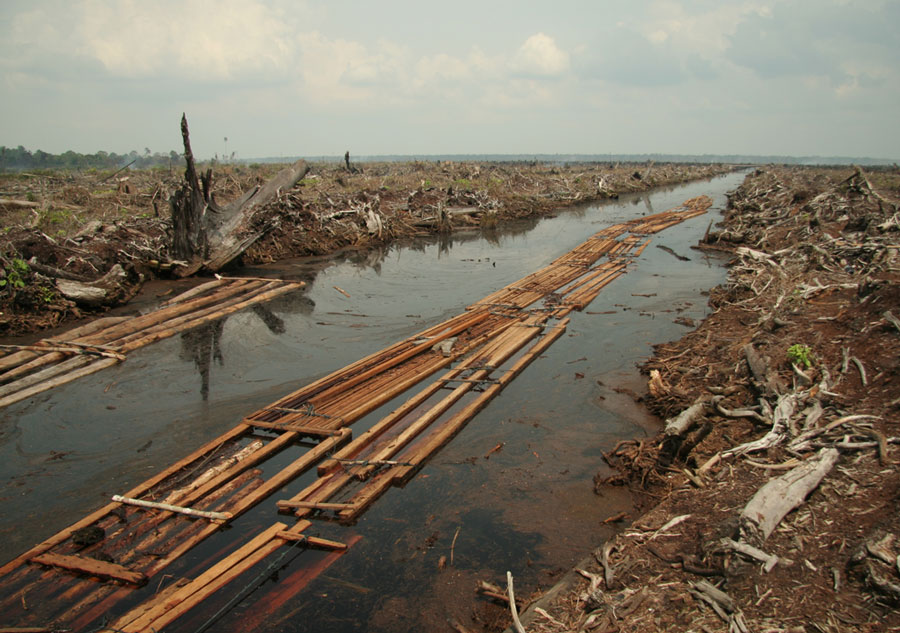At first glance, Marina Silva is a politician who served as the Minister of Environment in Brazil. At second glance, you realize that she is also a grassroots activist who has fought to protect local communities and against deforestation in the Amazon.
“I had to swim against the tide in many situations- political and personal. When there was a road to be built in my state of Amazonas, crossing the territory of some traditional communities. Most people wanted the road to be built, but it would strongly affect the environment of those traditional territories. So I opposed this decision because it had no study on its environmental impact and no appropriate license. To me, it meant a very high price to pay.
I couldn’t visit half of my state during four years. People got angry with me because they lived in an isolated area, 500 km from the capital city, that could be accessed only by buying very expensive air tickets. The road would be a great achievement for those people if it was made in the right way, but it was not being made in the right way.
If you like this, subscribe here for more stories that Inspire The Future.
So I opposed this decision and it was very hard for me. I used to hear people criticizing me with unfair arguments, saying I was against development, against the improvement of people’s well-being. I knew that the road would not be good, even for them. But not doing it my way was not an option, because not doing it would go against the values I believe in. When we are guided by principles and values, it becomes the basic framework of our actions, of everything we do. But of course, it is not always understood the right way. We have to embody generosity to plant the tree, even when others are going to reap the fruits.”
Silva has an unusual background for a politician. She was born into a family of rubber tappers, in a small village. She was illiterate and orphaned when she moved to the capital at age 16 to study in a convent. She graduated from the Federal University at 26 years old and quickly got involved with local politics. She became Brazil’s Environment Minister and was named one of the “Champions of the Earth” by the United Nations Environment Program.
She has moved from “having” towards “being” that is closer to nature and community, and the way that the earth’s original indigenous people lived like. What we really need is to be persistent and it means that some causes can only take form after a maturation period. The world is made of those who have values, who transform those values into promises and those promises in actions. That is persistence.
As a Minister of Environment she and her team developed a plan how to reduce deforestation by 80% in 10 years. “However, at the same time I suffered big pressure from the Brazilian government to revoke the measures we were implementing. She and her team did not know if they were going to be victorious with the plan but at the same time they couldn’t let it go and not do it. And they did. To achieve the results, they had to conduct several operations with the federal police and other things and all this created big conflicts.
It was a very intense period and they saw many people being murdered for standing against deforestation. It required a lot of persistence. We did provoke a great deal of risk and it was not always working well. Us being criticized by colleagues inside our own government and peers of different states that had been confronted by offenders. But persisting on that matter was very rewarding just to think that we kept 2 billion tons of CO2 from being released into the atmosphere, and millions and millions of native forest hectares from being destroyed. That required a lot of persistence. Courage is not the absence of fear; courage is the prevalent of commitment.”
Meaningful change doesn’t happen overnight. If we want that to happen, we have to understand that it takes some time. It is fundamental to learn how to deal with three things.
- Disappointments, which is sometimes very hard to do. Sometimes we do things and we strongly believe that everything is going to work out, but sometimes that doesn’t happen. So we don’t give up on our first, second or third try. That’s why I always say we need to be persistent and insistent.
- “Adjournment of pleasure”. Many times, we want to prompt acknowledgment and gratification. We need to learn how to deal with that recognition being delayed.
- Weight of responsibility.
Nowadays, more and more people don’t know how to deal with these three aspects of life. I learned this with my grandmother, my mom and my uncle, who worked in the forest, lived with indigenous people and learned the “native science”. I want people to learn how not to be a hostage of the past but to create something good from the past.
If you like this, subscribe here for more stories that Inspire The Future.




































